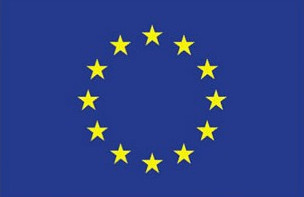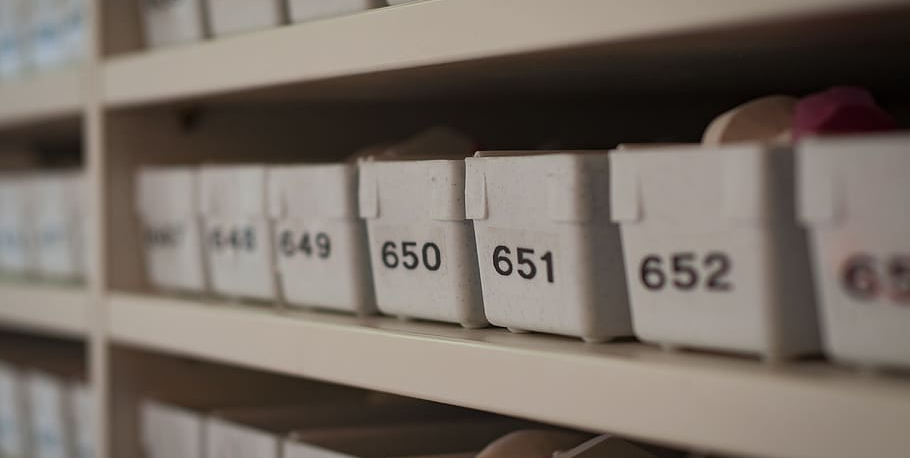JZT Ltd, one of the largest wholesales of drugs and medical equipment in China, built in Wuhan an Urgent Care Centre (UCC) responsible for the daily medical distribution in the Hubei province.
The UCC is also used by seven other wholesales of medical products for medical distribution and warehouse services in Wuhan, hence reducing the logistics cost of all the participants. The inventory is managed by the UCC via an inventory sharing system built by the eight companies. Currently, the categories of medicine and medical equipment stored in the UCC include 98% of medical products in the market, and 95% of the medicines being used in the Wuhan city are handled by this UCC.
This UCC configured dedicated equipment of medical logistics, including multi-level constant temperature warehouse, automatic sorting system (ASS), information managing system and code-chain vehicle, making the UCC the only qualified logistics service provider in the Hubei province able to manage all types of medical products.
There are 15,000 consumers in the urban area of Wuhan being served by this UCC, which also covers various industries including pharmacies, hospitals, supermarkets, and vending machines.
Capable to sort 10,000 pallets per hour, the inventory sharing system at this UCC enables goods shipments from the UCC directly to its consumers, reducing the total transit time (including goods sorting and final delivery) from 36 hours to 6 hours for the consumers in Wuhan to receive their orders.
Owing to the good performance in efficiency of this UCC in the urban logistics, during this outbreak period, Chinese national and local government have authorized this UCC to manage the storage, sorting and distribution of the anti-viral products (such as the mask, protective suit, medical gloves etc.), which are supplied by other cities. This UCC sets dedicated goods-sorting space, workforce and fleet to process the products.
The UCC provides also 24 hours service for the hospitals who treat the coronavirus affected patients in Wuhan. The sorting time can be minimised to 2 hours once the orders are received by the UCC . The UCC shares its real-time inventory data with the National Health Commission so that the government can monitor whether the relevant anti-virus medicines are sufficient, enabling it to schedule the replenishment timely. Such data can predict the medical demanding in Wuhan, which makes the medical suppliers to produce appropriate volume of urgent medicine in advance.
A cooperation with the Red Cross Society of China has also made the UCC responsible for managing the medical products donated by various organisations. Within this task, the UCC is confronted with two main challenges: vehicles carrying the resources are usually loaded with numerous different categories of goods, which means the majority of these supplies arrive at the UCC as disorganised goods; the information on the supplies is incomplete (e.g., the functionality of the goods is not available). To address the first issue, The UCC has set shifts of 30 employees to sort the cargos 24/7 and ensure that the goods are checked into the warehouse in the correct category. As regards the second issue, the UCC database inventory, through the bar-code, will enable matching the supplies with the same items in stock. These measures ensure that all the donated goods will be prepared and delivered to the hospital with efficiency and accuracy.
A video showing the handling of the anti-viral materials is available at:
http://n.miaopai.com/media/hmG-q5YXn-qJsz31JboUCC and cjnkED0s2j

